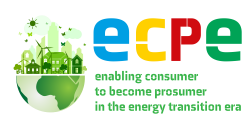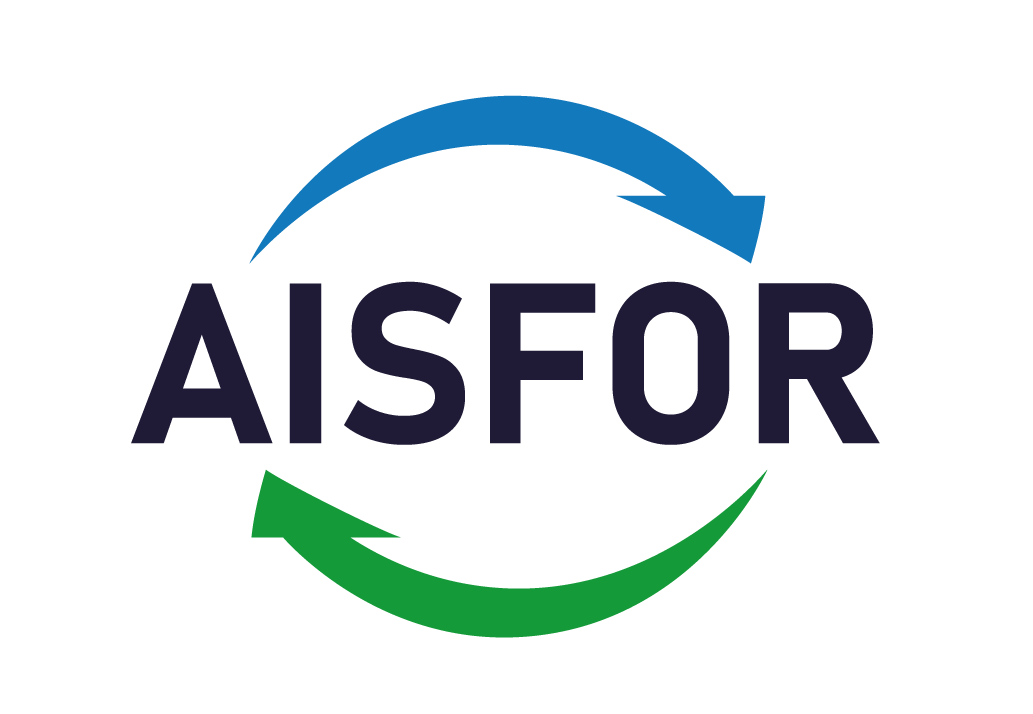Just Transition and Green Deal: energy communities as a tool to combat climate change, fight poverty and promote sustainable development of local communities” (Green CUP J15F21001070008 e Innovation CUP J15F21001060008)
The European Green Deal and the Next Generation EU are the main instruments for the implementation of legislative and financial policies aimed at revitalising the economy towards digitalisation and green energy production. The energy transition is one of the pillars of the fight against climate change and in combating energy poverty, unemployment, economic vulnerability of citizens that have been exacerbated by the recent pandemic. Therefore, the Just Transition represents the commitment of the European Union to achieving a green and fair transition as foreseen in the 2030 Agenda.
SCOPE
he project aims to analyse the new models of aggregation between citizens, local authorities and businesses, made up of energy communities, introduced by Directives 2018/2001 and 2019/944. The European Directives call on the Member States to adopt energy policies that are conducive to green and sustainable economic development. They also introduce the energy poverty and highlighting the need for a fair energy transition, supportive and inclusive.
RESULTS
he project aims to carry out a careful analysis of the internal and European regulatory framework, a mapping of energy communities operating in the territory and in particular in disadvantaged local areas. The Atlas in which the analysed data will converge will constitute integration of the EPAH ATLAS present in the site The Energy Poverty Advisory Hub. It will examine contractual models for the development of energy communities and policies to combat energy poverty in comparison with European and international experiences. The activities will be carried out with the support of the partner Aisfor and the consolidated multidisciplinary, intersectoral and international network constituted by the research project FAR ECPE Unicam. The results of the research will be accessible in open science mode.


Manuela Giobbi
is a researcher in Private Law at the University of Camerino. She graduated from the School of Specialization in Civil Law at the University of Camerino and later received a PhD in Law and Economics (2010). She is a member of the Foundation Scuola di Alta Formazione Giuridica. Her main areas of interest are consumer protection, property regimes and energy market regulation. She has been a speaker at national and international conferences and she is the author of several scientific articles. She was research member in the EU Project PSEFSJustice - Project co-funded by the European Union’s Justice Programme (2014-2020)‘Personalized Solution in European Family and Succession Law’. Currently, her research is related to the project “Just Transition and Green Deal: energy communities as a tool to combat climate change, fight poverty and promote sustainable development of local communities” (Green CUP J15F21001070008 and Innovation CUP J15F21001060008).
 Marina Varvesi is Head of Research and Innovation AISFOR srl based in Rome. She graduated in chemistry at the University La Sapienza of Rome. He is a founding member of RETE ASSIST-ETS, which is the first “Widespread Social Incubator” for sustainable, accessible energy and for the fight against energy poverty. She has been a speaker at national and international conferences on energy poverty. She was coordinator of the European project "ASSIST". He is coordinator of the training program for “TED- Tutor Energy Household”. He is currently coordinator and a member of several European projects.
Marina Varvesi is Head of Research and Innovation AISFOR srl based in Rome. She graduated in chemistry at the University La Sapienza of Rome. He is a founding member of RETE ASSIST-ETS, which is the first “Widespread Social Incubator” for sustainable, accessible energy and for the fight against energy poverty. She has been a speaker at national and international conferences on energy poverty. She was coordinator of the European project "ASSIST". He is coordinator of the training program for “TED- Tutor Energy Household”. He is currently coordinator and a member of several European projects.



